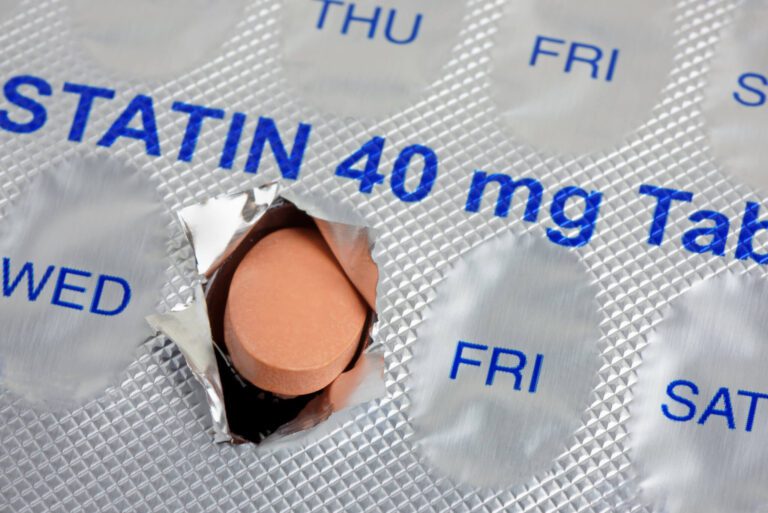💡What you need to know:
- Statins have shown the ability to reduce harmful gum inflammation.
- Drug simvastatin suppressed the inflammatory response of macrophages.
- Gingivitis has previously been linked to higher risks for heart disease.
CHARLESTON, SC — Statins are commonly prescribed to patients to help treat high cholesterol, but new research suggests they may also benefit oral health. A study conducted at the Medical University of South Carolina College of Dentistry using cell cultures describes how statins appear to stop the inflammation associated with periodontal disease by changing the behavior of a specific type of immune cell called macrophages.
Statins rank as the number one most common type of prescription drug in the United States today. Over 40 million Americans take statins to lower cholesterol. Now, scientists believe that statins can improve gum health while reducing the risk of heart disease.
“During our study, we replicated specific conditions in periodontal disease and showed that introducing statins into our in vitro model modifies the macrophage response,” says Subramanya Pandruvada, assistant professor in the College of Dentistry at the Medical University of South Carolina. media release. “This has allowed us to explore how drugs like statins can help us treat inflammatory conditions like periodontal disease.”
Periodontal disease refers to the growth of bacteria in the gums, causing the immune system to mount an inflammatory response. These developments usually result in symptoms such as swelling, bleeding and bone degradation. If left untreated, periodontal disease can lead to tooth loss. Half of adults over the age of 30 live with some form of gingivitis, according to the US Centers for Disease Control and Prevention.
Current treatments offered for advanced periodontal disease include antibiotics, deep cleaning of tooth surfaces and roots, and many surgical procedures. However, medical researchers have been looking for new ways to calm gum disease using less invasive treatments for some time.
Previous studies have shown that people taking statins usually have fewer signs of periodontitis than other people not taking statins. This latest report, however, is the first to trace the biochemical pathways through which statins appear to reduce periodontal inflammation.
“Recent periodontal literature has shown the beneficial effects of statins when used with traditional periodontal therapy,” explains Professor Pandruvada. “However, our study highlights a new approach in which statins specifically affect macrophages, which, through this mechanism, may help treat periodontal disease.”
Macrophages play an important role in the human body’s fight against infections. However, they can also exacerbate inflammation depending on the form they take during various phases of the immune response. The study authors grew macrophages and gingival cells together for this work, eventually exposing them to various conditions. This led to the observation that exposure to simvastatina common statin drug, appears to suppress the inflammatory response of macrophages.
Moving forward, the study authors want to investigate the effect of statins on periodontal disease in animal models. They say this would represent a key step towards definitively determining whether this strategy could be a safe and effective approach for future periodontal treatments.
The scientists presented their findings in Discover BMBthe annual meeting of the American Society for Biochemistry and Molecular Biology.
You may also be interested in:


